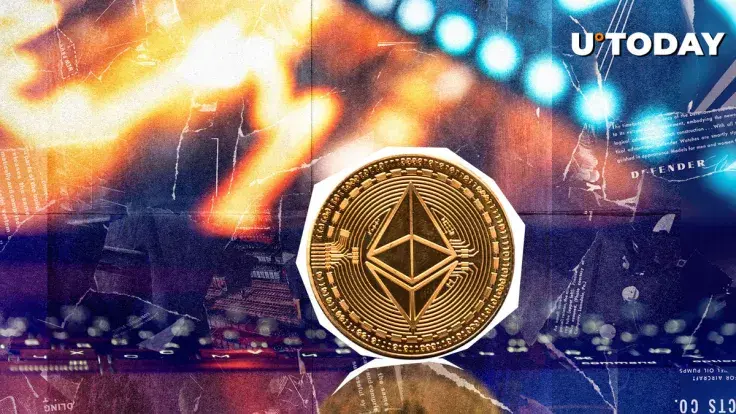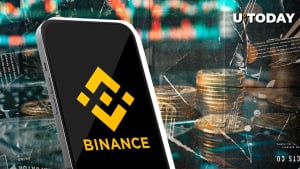
Disclaimer: The opinions expressed by our writers are their own and do not represent the views of U.Today. The financial and market information provided on U.Today is intended for informational purposes only. U.Today is not liable for any financial losses incurred while trading cryptocurrencies. Conduct your own research by contacting financial experts before making any investment decisions. We believe that all content is accurate as of the date of publication, but certain offers mentioned may no longer be available.
The Ethereum Foundation's lead recently sparked debate with their statements about the skyrocketing valuations of ERC20s, NFTs and meme coins. The Péter Szilágyi suggested that while experimentation in the crypto space is valuable, these assets reaching high valuations is problematic.
According to their view, such extreme valuations, especially for projects with little to no inherent utility, are unsustainable. They argued that at some point, someone will extract the value from these overinflated assets, potentially damaging the broader ecosystem. Essentially, they are advocating for a more cautious approach toward the meme-driven side of crypto and the public figures promoting them.
However, the community's reaction has been largely critical. Many people feel that the foundation’s stance clashes with the core principles of decentralization and free market dynamics. The argument against controlling or limiting valuations is that the free market should dictate the value of any asset, whether it is a meme coin or a highly technical project. After all, the crypto space was built on the idea that anyone can participate and that markets should be allowed to evolve organically without intervention from central entities, even within the community.
The notion of labeling certain assets as mere "toys" undermines the experimental nature of crypto and blockchain technologies. Some of the most successful projects started as experiments that no one took seriously at first, only to grow into something impactful. Dismissing projects based on their initial simplicity or memetic nature ignores the potential for growth and development that lies within them. What starts as a "toy" could evolve into a meaningful innovation — this is the very nature of open-source experimentation.
Rather than focusing on limiting valuations or discouraging certain assets, a more balanced approach could be to promote education and transparency. Ensuring that people are informed about the risks of investing in high-volatility assets might be a more effective strategy than pushing back against valuations. Letting the market decide while giving people the tools to understand those decisions would align more closely with the decentralized, open ethos of blockchain.


 Dan Burgin
Dan Burgin Vladislav Sopov
Vladislav Sopov